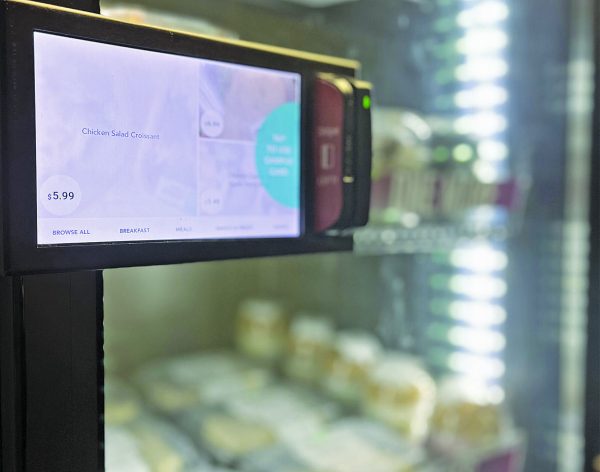Email Scam Reaches Misericordia
January 26, 2020
Darcy Brodmerkl’s email was hacked over winter break and a fake email job offer was sent to students.
The email, which appeared to be from Brodmerkl, director of student engagement, detailed a supposed job offer from a United Kingdom soccer team, but turned out to be part of a fraudulent overseas check scam.
Brodmerkl first learned about the email when former student and current admissions employee Joy Mack sent her a text message, asking if the email offering the job was indeed from her.
“I responded back to her, ‘I don’t know what you are talking about’ so then she sent me a copy of it. As soon as I saw it, I knew I was hacked,” Brodmerkl explained.
This came as shock to Brodmerkl, as she has experienced her credit card being hacked before but never her university email account.
After speaking with IT officials, it was learned the email had been sent to a variety of students, making its way to faculty and staff in boxes, as well.
“I was getting messages from employees, including faculty and staff. I got one from an employee who said she gave it to her grandson, and he applied for it,” Brodmerkl said.
For those who responded to the email and applied for the “job,” Brodmerkl said she heard they got a response from the hacker.
“They say that they are going to send you a check and then you end up depositing it into your account, only to find out the check is fraudulent,” she explained.
The job offer paid $500 per week and all students had to do was ride in their cars advertising for the UK soccer team. The scammers said they would give students a “skin” to wrap their cars in with the team logo on it, which sounded like an easy way for students to make money.
According to Matthew Cunnigham, systems program analyst in the university’s IT department, these incidents are not rampant at Misericordia, but usually do not rise to this level.
“We have things like spam filters and things like that that provide defense. So, over a month, we block over a million hacking emails. From what we block and what ends up getting through, we are always at about a 95%,” he explained. “This means that over 95% of spam emails like this get blocked.”
This incident, however, highlights the small 5% that manage to get through spam filters and, even more unlikely, actually get into faculty accounts and are emailed to students.
Cunnigham advises all students to “never put your username or password into a form, ever” in order to protect information online in the event something does get through the spam filter.







